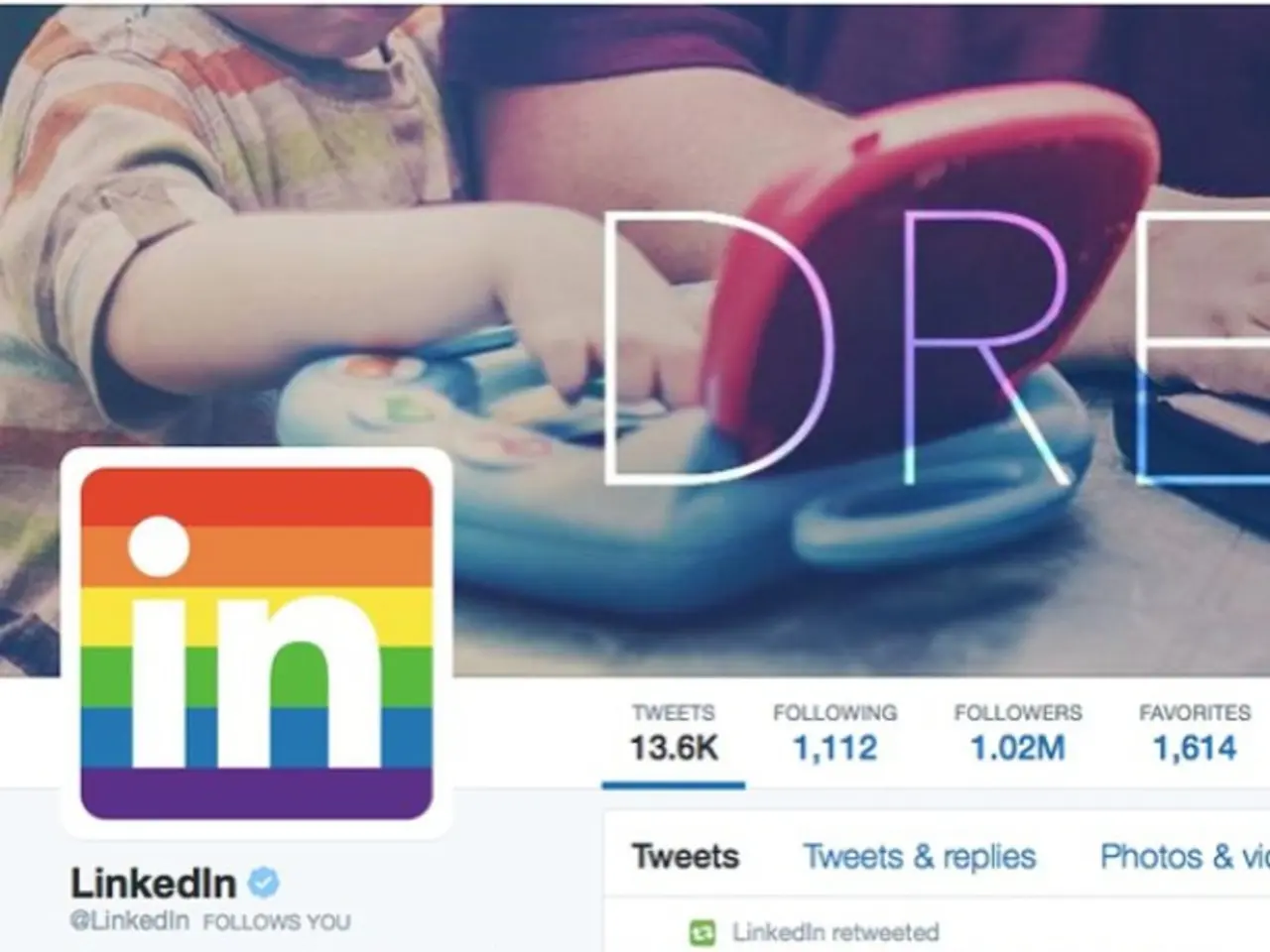Utilizing Student Career Platforms Effectively
In the digital age, career networks have become essential tools for professionals and job seekers alike. These online platforms offer a wealth of opportunities to connect with like-minded individuals, expand one's presence in the job market, and exchange ideas with other professionals.
One of the most prominent global career networks is LinkedIn, boasting over 1 billion members and 67 million companies listed. Suitable for almost all industries, especially strong in B2B, consulting, tech, SaaS, and professional services, LinkedIn offers a range of features such as job postings, company insights, professional branding, content sharing, direct messaging to decision-makers, and recruiting tools. For job seekers, LinkedIn enables remote job filtering, one-click applications, and a discreet "Open to Work" signal to recruiters.
For software developers, platforms like GitHub and Stack Overflow are crucial for showcasing projects, contributing to open-source projects, and networking with peers globally. Wellfound (formerly AngelList) is ideal for startup jobs, offering transparency on salary and equity, plus direct access to founders and salary negotiation tools. Remote.co and FlexJobs are top platforms focusing exclusively on remote jobs worldwide with vetted employers and coaching resources.
While not strictly "networking" platforms, job boards like Glassdoor, Indeed, Monster.com, Dice® (tech-focused), and CareerBuilder® provide large pools of job opportunities across regions and industries with additional company reviews and insights.
Depending on your field, industry-specific platforms or forums can offer more targeted connections. For example, Behance is a popular platform for creatives, while Dribbble is favoured by designers. Social media platforms like Facebook and Instagram can be useful for particular fields, such as marketing and creative industries, and are increasingly used by businesses for recruitment.
When using career networks, it's important to have a clear profile, professional appearance, and focus on relevant keywords related to your industry and career goals. Regular usage, responding to messages, and maintaining a presence on the platform are essential for success. Alumni associations and university-specific offers can be beneficial for students, offering opportunities to make contacts with fellow students and potential employers.
In summary, the best digital career networks for job seekers and professionals vary by region, industry, and specific career goals. However, platforms like LinkedIn, GitHub, Stack Overflow, Wellfound, Remote.co, FlexJobs, Glassdoor, Indeed, Monster.com, Dice®, and CareerBuilder® stand out for their reach and specialized features. By diversifying your approach and tailoring your presence on these platforms according to your career goals and industry norms, you can maximize hiring opportunities and target your networking efforts effectively across regions and industries.
Education and self-development can be furthered through platforms like LinkedIn, which provides opportunities to learn from professionals and industry leaders by engaging with their content, attending webinars, or even joining learning groups.
Career development is also facilitated on these networks, as job seekers can explore new possibilities, connect with recruiters, or even apply for jobs directly, thus enhancing their learning experiences and boosting their professional growth.




